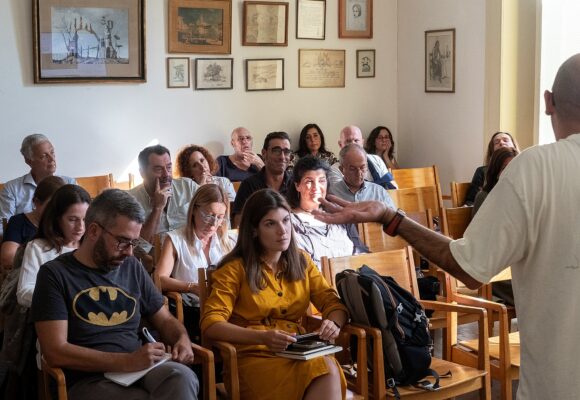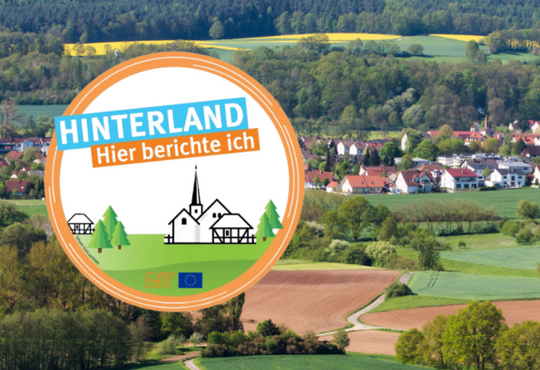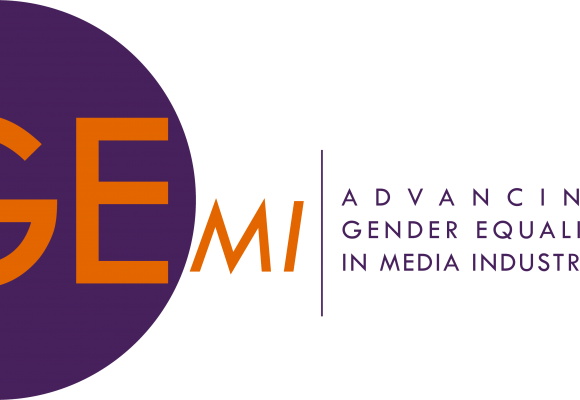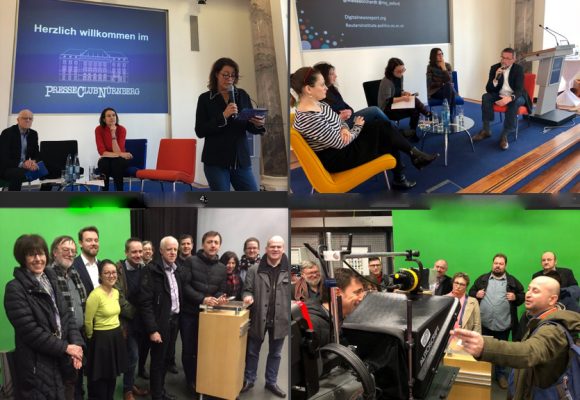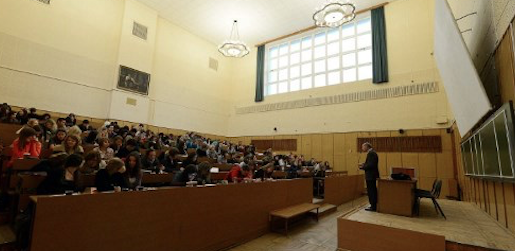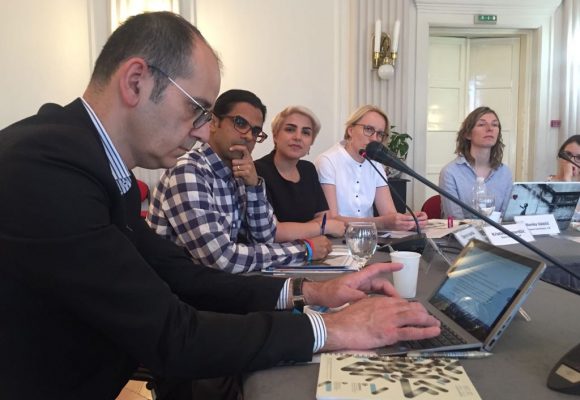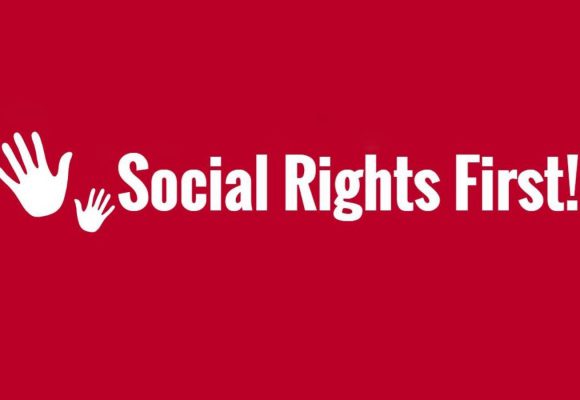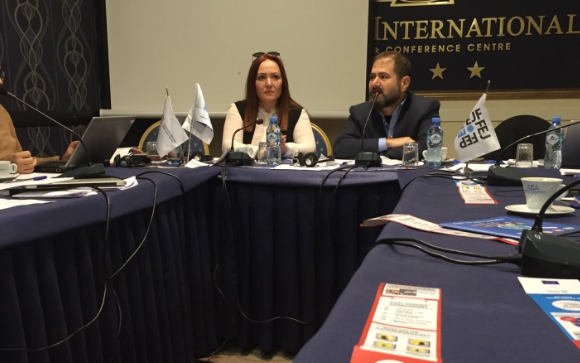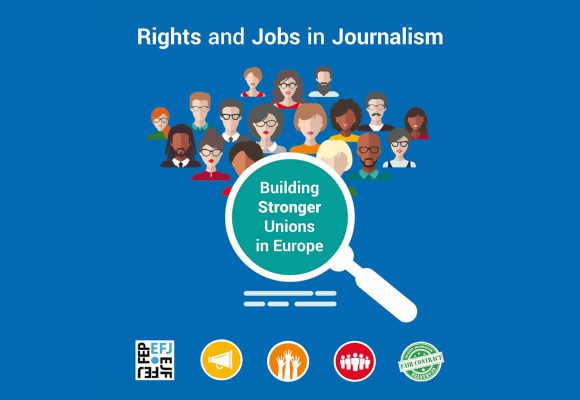EFJ to organise conference on self-regulation and regulation in the media sector in Brussels
On 14 October 2024, the European Federation of Journalists (EFJ) will organise a conference at ULB Solbosch in Bruxelles, Belgium, as part of its Media Councils in the Digital Age (MCDA) project. Recent EU legislation on media freedom but also illegal content online, transparent advertisement in the media and disinformation give regulatory bodies increasingly more responsibilities. But what are the demarcations between regulation and self-regulation, a long-standing tradition in Europe’s press sector? What will be the new roles of regulators under the European Media Freedom Act (EMFA) and Digital Services Act (DSA)? And finally what does it mean for citizens?…





